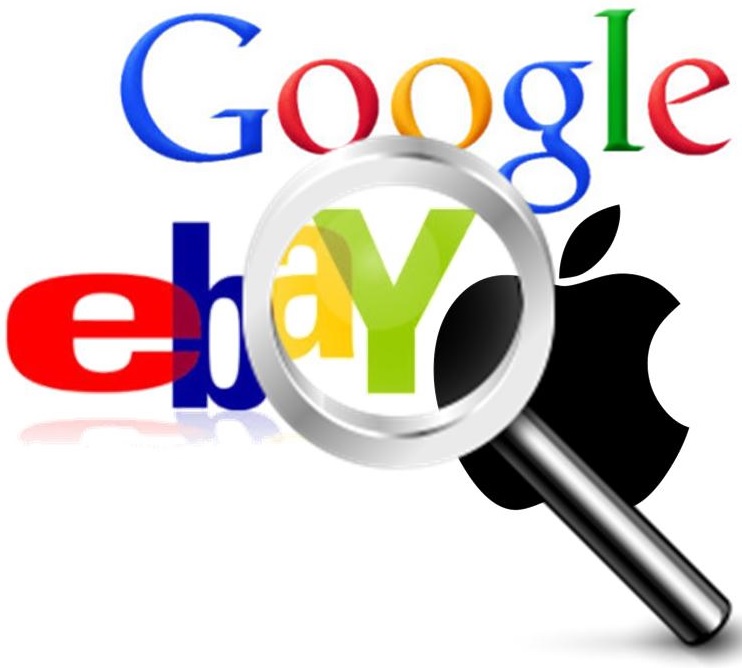The technology giant has found a unique way to personalize the in store shopping experience.
Apple has now debuted its Bluetooth based in store retail mobile marketing geolocation technology called iBeacon, which gives companies the opportunity to communicate with shoppers who have entered their shops at exactly the moment that they are most receptive to it.
This in store geolocation technology is starting to work its way into a growing number of stores.
This form of retail mobile marketing makes it possible for users of iPhones who have the App Store app and whose Bluetooth device feature is turned on (in a device running iOS 7) to receive messages from a store that they have entered that will help to enhance their shopping experience. It could alert them regarding a promotion that is available in the store, provide them with the information that they need to upgrade a purchase, or even turn by turn in store directions to whatever product the shopper is seeking.
Although the concept behind this retail mobile marketing technology isn’t new, it does have its own Apple spin.
 This version of geofencing gives retailers the ability to use this type of technology with much greater ease. When using iBeacon, it means that they can use effective “micro location” targeting. There are also great possibilities being seen by locations that have nothing to do with retail, such as museums, theme parks, green parks, or large events. The immediate success of the tech could mean that there could be a sharp spike in the use of these methods in a very short period of time.
This version of geofencing gives retailers the ability to use this type of technology with much greater ease. When using iBeacon, it means that they can use effective “micro location” targeting. There are also great possibilities being seen by locations that have nothing to do with retail, such as museums, theme parks, green parks, or large events. The immediate success of the tech could mean that there could be a sharp spike in the use of these methods in a very short period of time.
At the same time, though, Apple isn’t the only player in this sphere. Google also has a keen interest in geolocation. However, until now, much of their attention has been placed on NFC technology, which was predicted to be a massive player but that is not experiencing nearly the explosion that many investors had hoped.
The leader in this style of retail mobile marketing has yet to be seen, but it will depend on the willingness of both retailers and consumers to opt in. There are a number of issues that could come into play, here, including the types of technologies that are most readily available, those most commonly used by consumers, and the willingness of consumers to hand over personal and location data to retailers on yet another level.

 This, according to the ABI Research data that was released in the report. It also pointed out that smartphones that are capable of supporting indoor
This, according to the ABI Research data that was released in the report. It also pointed out that smartphones that are capable of supporting indoor 